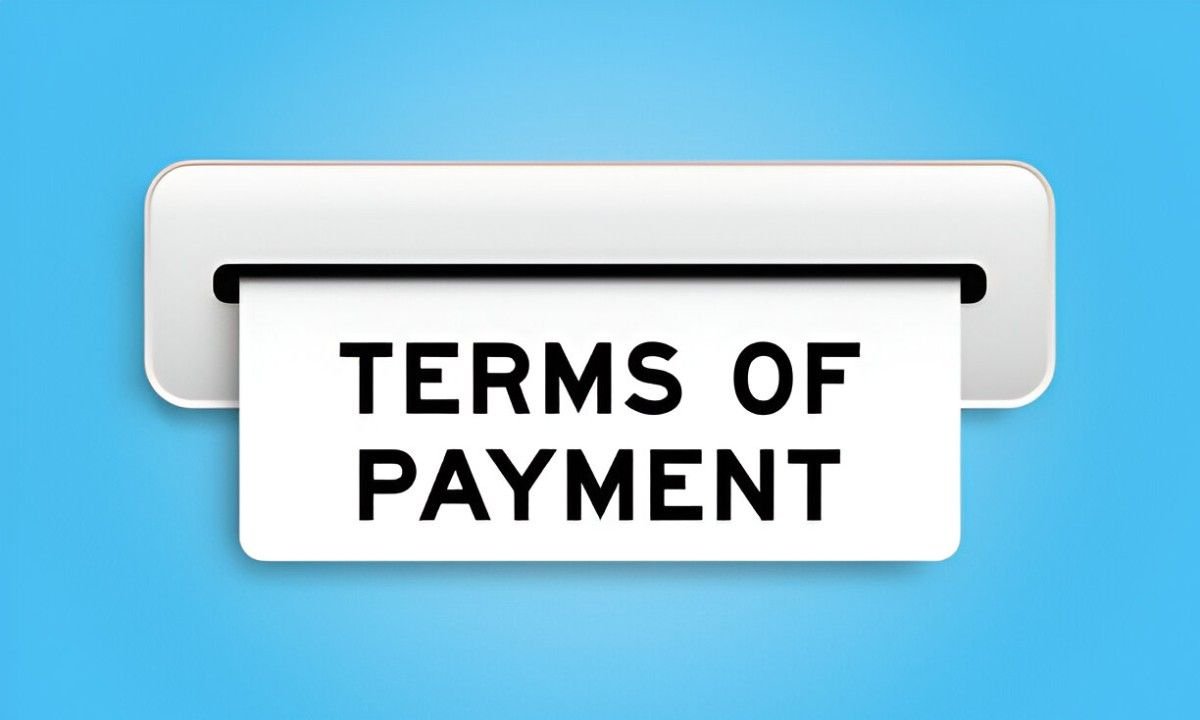Introduction
Payment terms govern how businesses handle transactions. Mastering these terms ensures financial stability, mitigates cash flow issues, and enhances relationships with suppliers and customers. I will explore payment terms in depth, covering types, advantages, legal implications, and practical applications.
Table of Contents
Understanding Payment Terms
Payment terms define when a buyer must settle an invoice. They impact liquidity, risk, and financial planning. Common terms include:
| Payment Term | Meaning |
|---|---|
| Net 30 | Payment due in 30 days |
| Net 60 | Payment due in 60 days |
| 2/10, Net 30 | 2% discount if paid in 10 days, otherwise full payment due in 30 days |
| COD (Cash on Delivery) | Payment due at the time of delivery |
| EOM (End of Month) | Payment due at the end of the month |
| Letter of Credit (LC) | A bank guarantees payment upon fulfillment of conditions |
Importance of Payment Terms
Payment terms affect cash flow and business health. Poorly structured terms lead to liquidity issues, while favorable terms enhance operational efficiency. The choice of terms depends on industry standards, company policies, and negotiating power.
Cash Flow Considerations
A company must balance accounts receivable and payable to maintain liquidity. The working capital cycle helps analyze financial health:
\text{Working Capital Cycle} = \text{Days Sales Outstanding} + \text{Days Inventory Outstanding} - \text{Days Payable Outstanding}Where:
- Days Sales Outstanding (DSO): Measures the average collection period.
- Days Inventory Outstanding (DIO): Indicates how long inventory is held.
- Days Payable Outstanding (DPO): Reflects how long a company takes to pay suppliers.
Example Calculation:
- DSO = 40 days
- DIO = 30 days
- DPO = 50 days
A positive cycle means the company must fund operations before receiving payments, while a negative cycle indicates supplier financing.
Negotiating Favorable Payment Terms
To optimize cash flow, businesses negotiate extended terms with suppliers and shorter terms with customers. Strategies include:
- Building Strong Relationships: Trust leads to flexible terms.
- Offering Early Payment Incentives: Discounts encourage prompt payments.
- Using Factoring Services: Selling receivables accelerates cash flow.
- Leveraging Trade Credit: Extended terms act as interest-free financing.
- Automating Invoicing: Reduces delays and improves collection efficiency.
Legal Implications of Payment Terms
Payment terms must comply with contract law, the Uniform Commercial Code (UCC), and industry regulations. Key legal aspects include:
- Contractual Clarity: Terms must be explicit to avoid disputes.
- Interest on Late Payments: Many jurisdictions allow charging interest on overdue invoices.
- Debt Collection Regulations: The Fair Debt Collection Practices Act (FDCPA) regulates collection practices.
Interest Calculation on Late Payments
Interest on overdue payments is often calculated using:
\text{Interest} = \left( \frac{\text{Annual Interest Rate}}{365} \right) \times \text{Days Late} \times \text{Outstanding Balance}Example:
- Invoice Amount = $10,000
- Annual Interest Rate = 12%
- Days Late = 45
The business can charge $147.95 in interest for late payment.
Comparing Payment Terms
| Factor | Short Payment Terms | Long Payment Terms |
|---|---|---|
| Cash Flow | Improves quickly | Delayed inflow |
| Customer Satisfaction | Less favorable | More attractive to buyers |
| Risk | Lower credit risk | Higher credit risk |
| Negotiating Power | Stronger for sellers | Stronger for buyers |
Payment Methods and Terms Alignment
The choice of payment methods impacts terms. Common methods include:
| Payment Method | Suitable Payment Terms |
|---|---|
| Wire Transfer | Immediate Payment, COD |
| Credit Card | Net 15, Net 30 |
| ACH Transfer | Net 30, Net 60 |
| Checks | Net 30, Net 60, Net 90 |
| PayPal | Immediate Payment |
The Role of Technology in Payment Terms
Modern businesses use technology to streamline payments. Automated invoicing, payment tracking, and digital contracts enhance efficiency. Blockchain-based smart contracts ensure secure transactions.
Conclusion
Mastering payment terms requires balancing cash flow, risk, and business relationships. Understanding the legal framework, negotiating favorable terms, and leveraging technology improve financial stability. Whether extending credit to customers or managing supplier payments, optimizing terms ensures sustainable growth.





